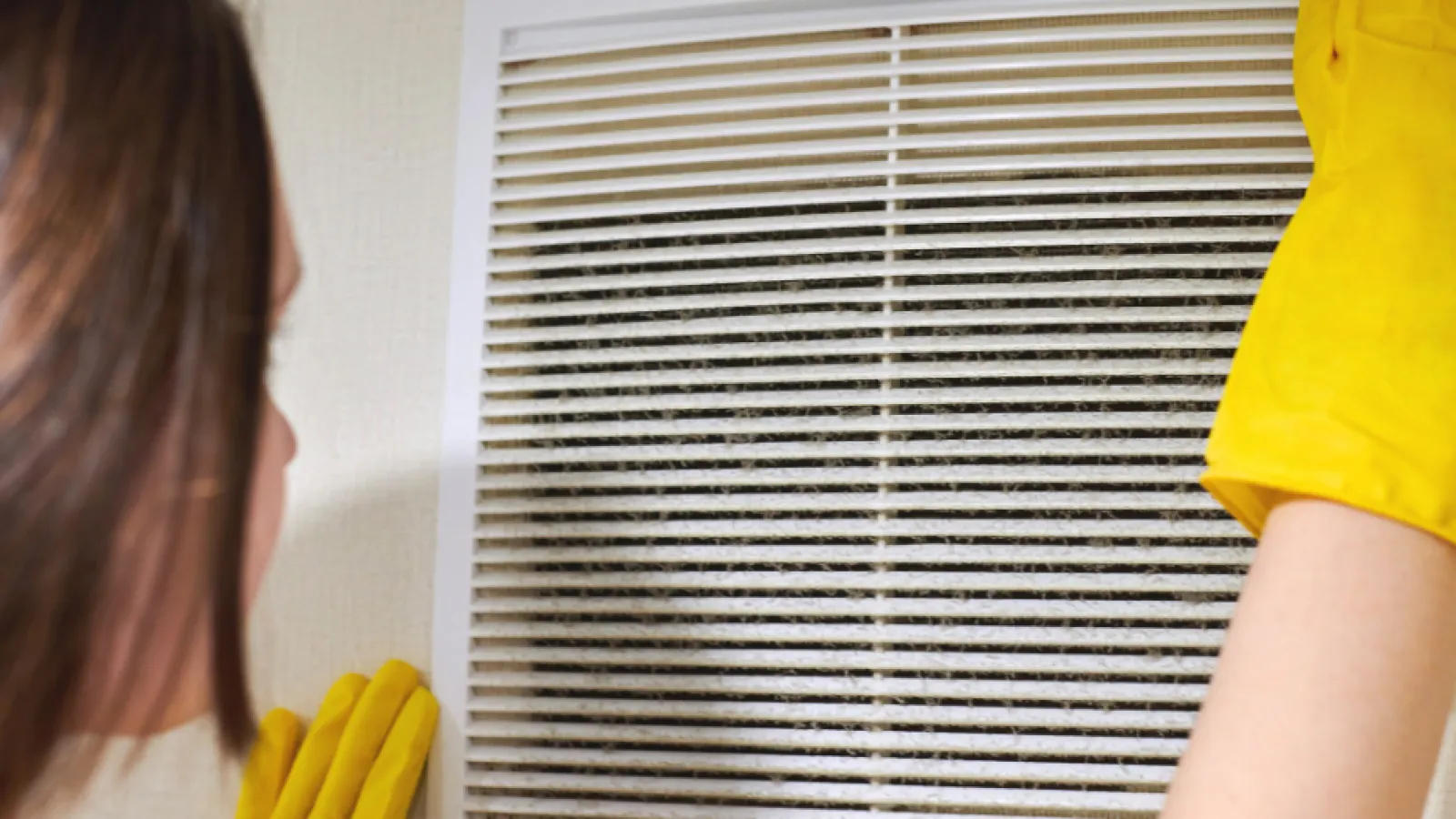Your home should be a sanctuary of clean, fresh air, especially when it comes to your respiratory health. To create an environment that loves your lungs, it's crucial to combat allergens and pollutants effectively. In this blog, we'll explore practical strategies to help you breathe easy and ensure the air you're inhaling is pure and healthy.
Regular HVAC Maintenance: Scheduled HVAC maintenance is your first line of defense against indoor air pollutants. A well-maintained system filters out allergens and pollutants efficiently. Make sure to change your HVAC filters regularly to ensure they're doing their job effectively.
Choose the Right Filters: Not all air filters are created equal. Invest in high-quality HEPA (High-Efficiency Particulate Air) filters or MERV (Minimum Efficiency Reporting Value) rated filters that can capture even the tiniest allergens and particles.
Control Humidity: Maintaining the right indoor humidity level can help reduce allergens like mold and dust mites. Consider using a dehumidifier or a humidifier to keep humidity in check, ideally between 30% to 50%.
Duct Cleaning: Over time, dust, allergens, and pollutants can accumulate in your HVAC ducts. Periodic professional duct cleaning can significantly improve indoor air quality.
Seal Leaks: Identify and seal any leaks or gaps in your home's structure. This not only prevents drafts but also keeps outdoor pollutants from entering your living spaces.
Allergen-Proof Your Bedding: Use allergen-proof covers for your pillows, mattresses, and box springs. Washing bedding regularly in hot water can also help keep dust mites at bay.
Natural Cleaning Solutions: Opt for natural, eco-friendly cleaning products to reduce the number of chemicals released into your indoor air. Many commercial cleaning products can introduce pollutants into your home.
Proper Ventilation: Ensure proper ventilation in your home. Use exhaust fans in the kitchen and bathrooms to remove moisture and pollutants. Regularly open windows to let in fresh air, weather permitting.
Regular Cleaning: Regularly dust, vacuum, and mop your home to minimize allergens and pollutants. Pay attention to often-overlooked areas like blinds, curtains, and upholstery.
Air Purifiers: Consider using air purifiers with HEPA filters in specific rooms, especially bedrooms, to further enhance air quality.
UV Lights: Consider adding a UV light to your HVAC system. This allows your coils to be cleaned constantly and zap the grime before it starts.
Pet Care: If you have pets, groom them regularly and vacuum pet hair and dander frequently. Wash pet bedding and toys to reduce allergen buildup.
No Smoking Indoors: If you or someone in your household smokes, make it a rule to do so outdoors. Smoking indoors can introduce harmful chemicals and pollutants into your home.
Indoor Plants: Certain indoor plants, like spider plants and peace lilies, can help improve indoor air quality by naturally filtering out pollutants.
Regular Check-Ups: For those with allergies or respiratory conditions, regular check-ups with a healthcare professional can help manage symptoms and ensure your lungs are in good health.
Loving your lungs means taking proactive steps to reduce allergens and pollutants in your home. By following these strategies, you'll create an environment that not only supports respiratory health but also provides a refreshing, clean atmosphere to enjoy every day.

